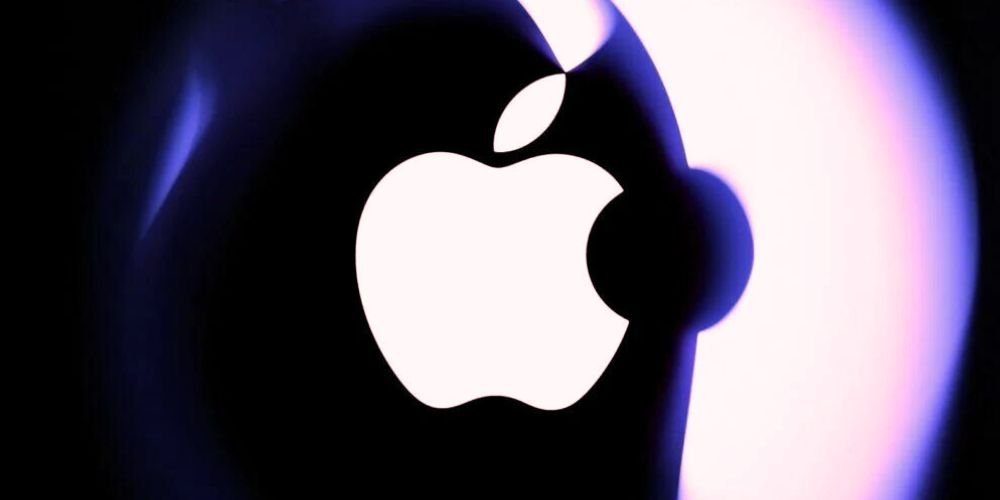Key Points
- Apple is in early talks with Tencent and ByteDance to integrate their AI models into iPhones in China.
- Regulatory restrictions in China necessitate local partnerships for generative AI features.
- Discussions with Baidu over AI integration reportedly faced technical and data-sharing hurdles.
- Apple’s iPhone sales in China fell 0.3% year-over-year, while Huawei’s surged by 42%.
According to sources familiar with the matter, Apple is reportedly in early discussions with Chinese tech giants Tencent and ByteDance about incorporating their artificial intelligence models into iPhones sold in China. This move follows Apple’s global rollout of OpenAI’s ChatGPT through its Apple Intelligence product, enabling Siri to leverage the chatbot’s capabilities for tasks like analyzing photos and documents.
However, regulatory restrictions in China, where ChatGPT is unavailable, compel Apple to seek local partnerships to introduce generative AI features in the region. Apple’s talks with Tencent and ByteDance remain in preliminary stages, and neither company has publicly commented.
If successful, such collaborations could significantly boost Apple’s competitive stance in China’s dynamic AI sector, where domestic players like ByteDance’s Doubao, Tencent’s Hunyuan, and Baidu’s Ernie are leading the charge. Reports also suggest that Apple had explored using Baidu’s AI model but encountered technical and data-sharing disputes and stalling progress.
Apple’s critical challenge is the lack of advanced AI functionalities in iPhones sold in China. The company faces mounting competition from domestic brands like Huawei, which has aggressively reclaimed its position in the high-end smartphone market. Huawei’s recent Mate 70 series boasts AI features powered by its proprietary large language model, presenting a direct challenge to Apple’s offerings.
Apple’s struggles in the Chinese market are reflected in its declining performance. Although the company briefly regained its position among China’s top five smartphone vendors in the third quarter, its sales fell by 0.3% year-over-year. In contrast, according to research firm IDC, Huawei’s sales surged by an impressive 42% during the same period.





